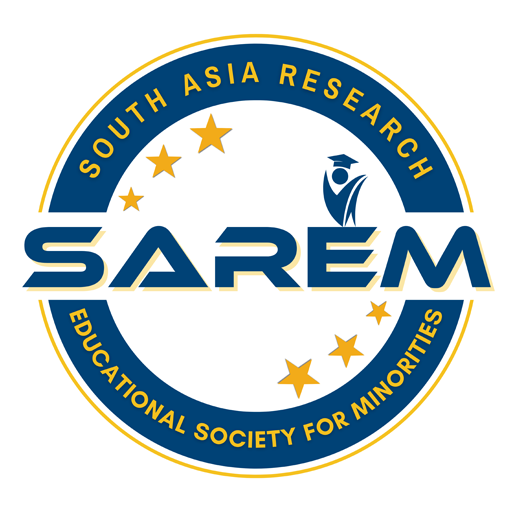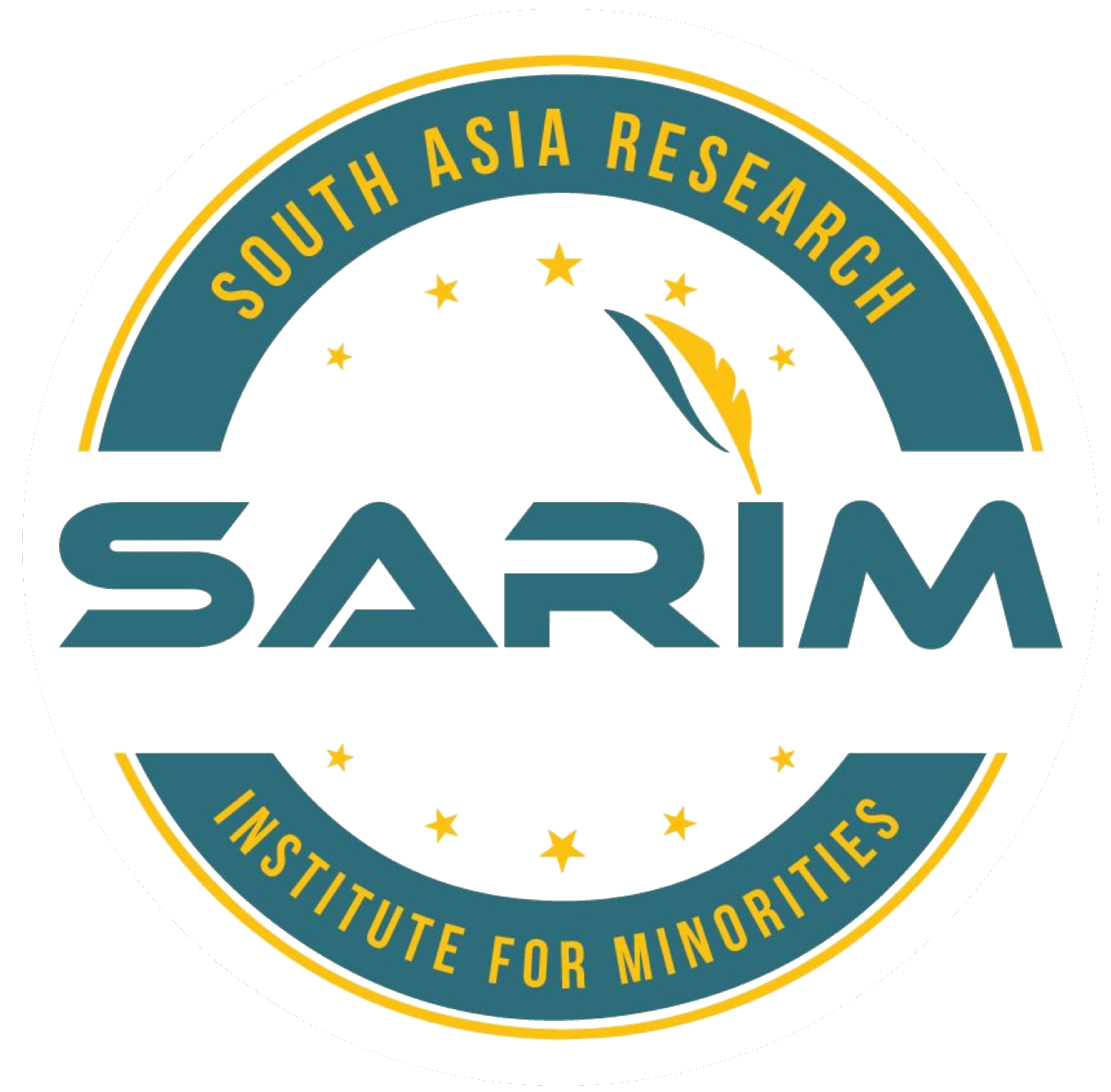Bangladesh denies attacks on religious minorities

A forum of Hindus, Buddhists, and Christians said their people faced unprecedented violence following regime change
A member of a Hindu group waves a religious flag during a protest at Freedom Park in Bengaluru on Dec 4, 2024, against alleged violence against the Hindu minority community in Bangladesh. The interim government in Bangladesh said on Feb. 3 that investigations have failed to show any religion-based violence in the country. (Photo: AFP)
Updated: February 04, 2025 12:04 PM GMT
Bangladesh’s government has dismissed as “misleading” claims that religious minorities have faced faith-based violence since former premier Sheikh Hasina was ousted last August.The Muslim-majority nation’s interim government, led by Muhammad Yunus, “does not support any kind of violence,” government deputy press secretary Azad Majumder told UCA News on Feb.3.
The officer was responding to allegations by a leading religious minority organization, called the Bangladesh Hindu Buddhist Christian Unity Council, that the government was discriminating against minorities.At a press conference in Dhaka on Jan. 30, the council said between Aug. 21 and Dec. 30 last year, religious minorities faced 174 incidents of sectarian violence, killing 23 people.
However, Majumder, the deputy press secretary, said: “Police investigations did not find any communal connection in 22 out of the 23 deaths. Details about one death are not known.”
According to the council, religious minorities began to face violence straight after the two-month-long nationwide uprising ousted Hasina and her government on Aug.5.
A month after Hasina’s ouster, the council made a similar allegation. On Sept.19, it told media that between Aug.4 and 20, in the volatile two-week period soon after the regime change, religious minorities were targeted in 2,010 violent incidents.
The government in January admitted these violent incidents, but only 20 were sectarian. The rest were politically motivated, it said.
The government spokesperson also warned against exaggerating violence.
“Misleading information could lead to communal violence,” he told UCA news.
But activist and economist Anu Muhammad said that “an absence of transparency and accountability on the part of the government might lead to exaggeration, but minorities are being attacked.”
Social observers like him say religious minorities are generally perceived as supporters of Hasina’s Awami League party, which ruled the nation for 15 years, undermining democratic norms.
The deep-seated hate and anger toward her government and party were seen in attacks on her supporters. So the violence should be seen as more political than sectarian, Muhammad said.
“Can political allegiance justify minority repression? Never,” he said.
Continued discrimination
The minorities council also accused the interim government of discrimination by not including their representatives on committees appointed to restore and restructure democratic institutions and systems.
Of 321 police officials sacked for dereliction of duty, 103 were from religious minorities. Religious minorities account for only 9 percent of the nation’s 173 million people, but the sacked officials from religious minorities comprised more than 30 percent, it pointed out.
It also said the interim government did not include members of minority communities on the constitution reformation committee or consult them before proposing significant constitutional changes.
It also said the suggested changes include dropping secularism as a national principle but keeping Islam as the state religion.
These proposals go “against religious freedom, refusing to acknowledge discrimination prevailing in the state and society against religious and ethnic minorities,” the council said in a statement read out at the last press conference.
“We invite the interim government to prove us wrong through investigation,” said Monindra Kumar Nath, the council’s acting general secretary.
Hindus are the biggest religious minority, forming 7.95 percent of the population, with 0.61 percent Buddhists and 0.30 percent Christians.




